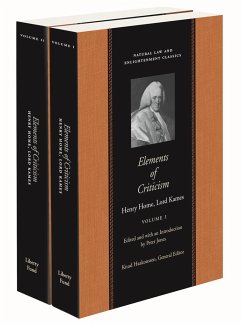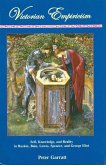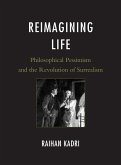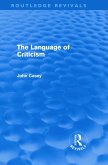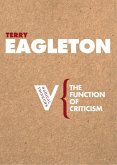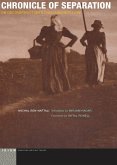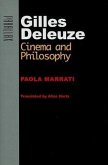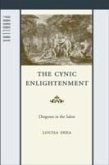This is the first modern edition of one of Kames's most influential works. When it first appeared, in 1762, it was the most comprehensive philosophical work on 'criticism' in English, and was published in five editions during Kames's lifetime and another forty editions over the next century. In America, 'Elements of Criticism' served as a standard text for college students of English, not least because the work is richly illustrated with examples from classical literature and the arts of Kames's day. In Elements, Kames sets out his argument that the 'science of criticism' is a 'rational science'; it is 'a subject of reasoning as well as of taste'. By examining human reactions to art and literature, Kames believed that we could enhance our understanding of the human mind, just as an understanding of the mind could enrich our responses to the arts. Volume one explores the nature and causes of the emotions and passions. Volume two delineates principles of rhetoric and literary appreciation, ending with a discussion of the formation of a standard of taste. Kames illustrated both volumes with a vast range of examples from classical literature and the arts of his own day. With this publication, Liberty Fund makes a modern version of this influential work available for the first time. The Liberty Fund edition is based on the text of the sixth edition of 1785, which was the last authorised by Kames himself.

